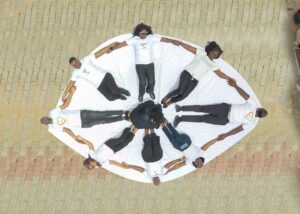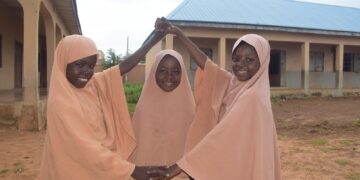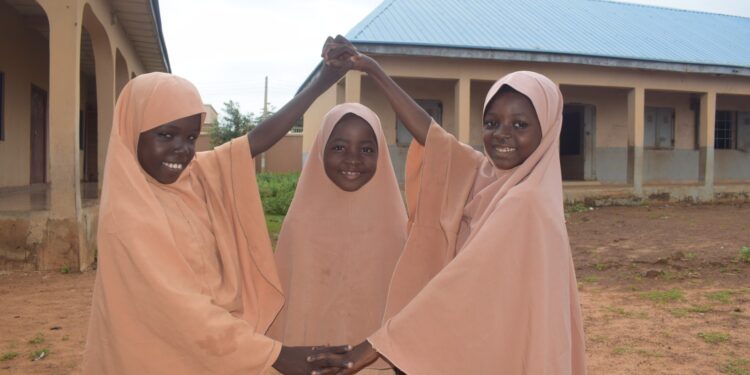In commemorating World Sight Day, International development organization Sightsavers has called for improved access to eye health services for people of all ages, from children to the elderly
In a statement on Thursday by Communications Specialist, Joy Tarbo noted that Contrary to popular belief, vision problems aren’t limited to the elderly people of all ages, including children, need proper eye care to thrive academically, professionally, and socially.
Meanwhile, Sightsavers’ Country Director, Dr. Joy Shu’aibu, highlighted the global eye health crisis, stating, “Two-thirds of children and adults who need glasses don’t have access to them, and many others suffer from untreated eye conditions like cataracts, a condition that can affect people from birth.” This lack of access is particularly severe in rural communities, where eye care services are scarce.
Globally, over 1.1 billion people live with untreated or preventable vision impairments. In Nigeria alone, around 24 million people experience vision loss, and 1.3 million of them are blind or have severe visual impairment caused by conditions like cataracts or refractive errors.
To address this issue, Sightsavers is spearheading several initiatives as part of the Plateau Inclusive Eye Health Programme. Activities in Jos and Shendam will include eye screenings for up to 700 pupils, eye health education for teachers, and the provision of glasses. Roadshows, media engagements, and visits to the Ministry of Education and local health officers will promote awareness, while a medical and surgical outreach is planned for Quanpan in collaboration with the state government and partners.
Dr. Shu’aibu expressed hope for the future, saying, “We have made significant progress by working with governments, donors, and NGOs to improve access to affordable eye health services. However, we still face enormous challenges in making avoidable vision impairment truly avoidable.”
The impact of poor eye health is significant globally, cataracts and uncorrected refractive errors are leading causes of blindness and vision impairment. Treating these issues could prevent millions from suffering unnecessarily and would cost just a fraction of the global economic loss caused by visual impairment. Access to the right glasses, for example, can boost a person’s income by a third, contributing to economic growth. Yet, millions of people, especially children in low- and middle-income countries, remain without access to the care they need, affecting their education and future opportunities.

A compelling example of the life-changing effects of proper eye care is seen in the case of four-year-old Rabiatu from Zamfara. After undergoing successful cataract surgery, her vision was restored, transforming her world. Upon having her bandages removed, she joyfully exclaimed, “Mama, I can see”
Dr. Shu’aibu therefore noted that many eye health interventions are simple, yet their impact is profound and life-changing.
As part of the World Sight Day campaign, people across Nigeria and the world are coming together to create large “eye shapes” with colleagues and friends, sharing their creations on social media with the hashtag #EyeCreation. The message is clear: big changes are needed to address the global inequity in eye health services and ensure that everyone, regardless of age, has access to the care they need.




































